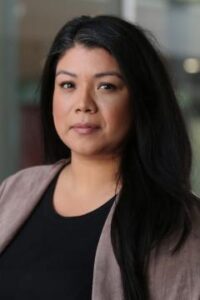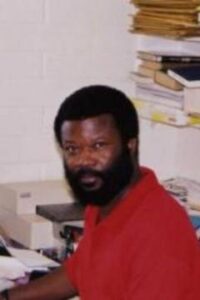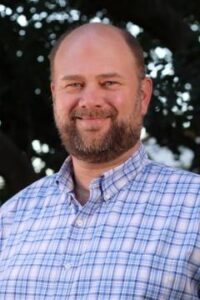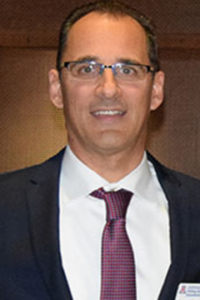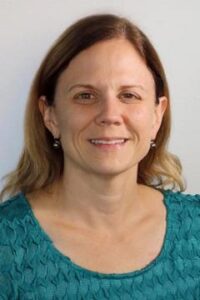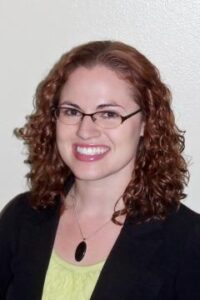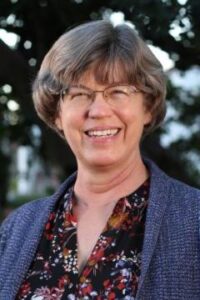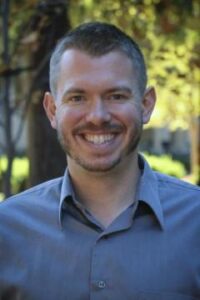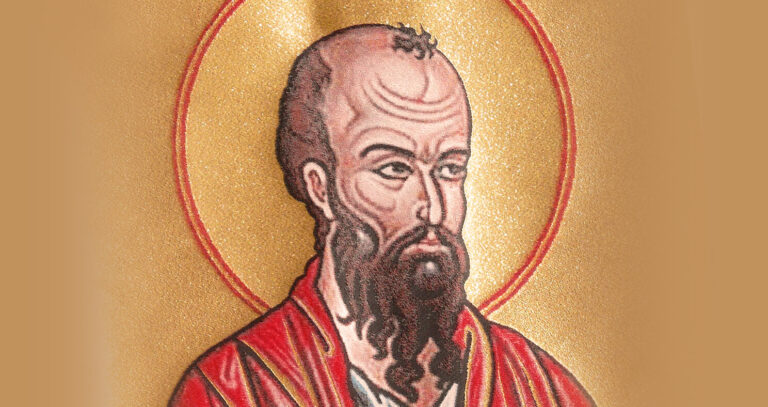Did you know that the Olympic rings logo—designed by Frenchman Pierre de Coubertin—includes at least one color from every national flag in the world? Or that three countries—Sweden, Austria, and Japan—have all selected athletes in their 70s to represent them in past Olympic games? Or that this year’s Olympic medals have been manufactured from more than 79,000 tons of recycled electronic devices donated by Japanese citizens? The Olympics is perhaps the world’s most beloved international, intercultural, and multilingual event, making it a treasure trove of facts and stories about the human experience on both personal and grand scales. Spend 90 minutes with HSP’s team of gold-medal instructors, each of whom will share with students a few key insights about the people, places, cultures, and languages that will make this summer’s Olympic games particularly memorable.
Click Here to Register




